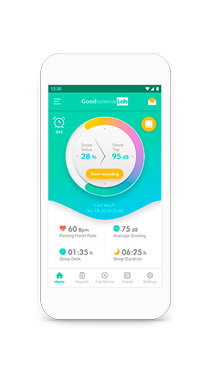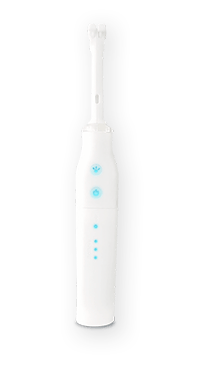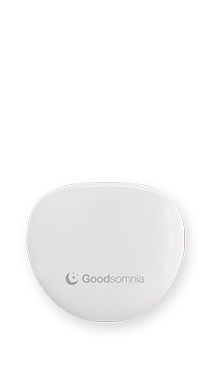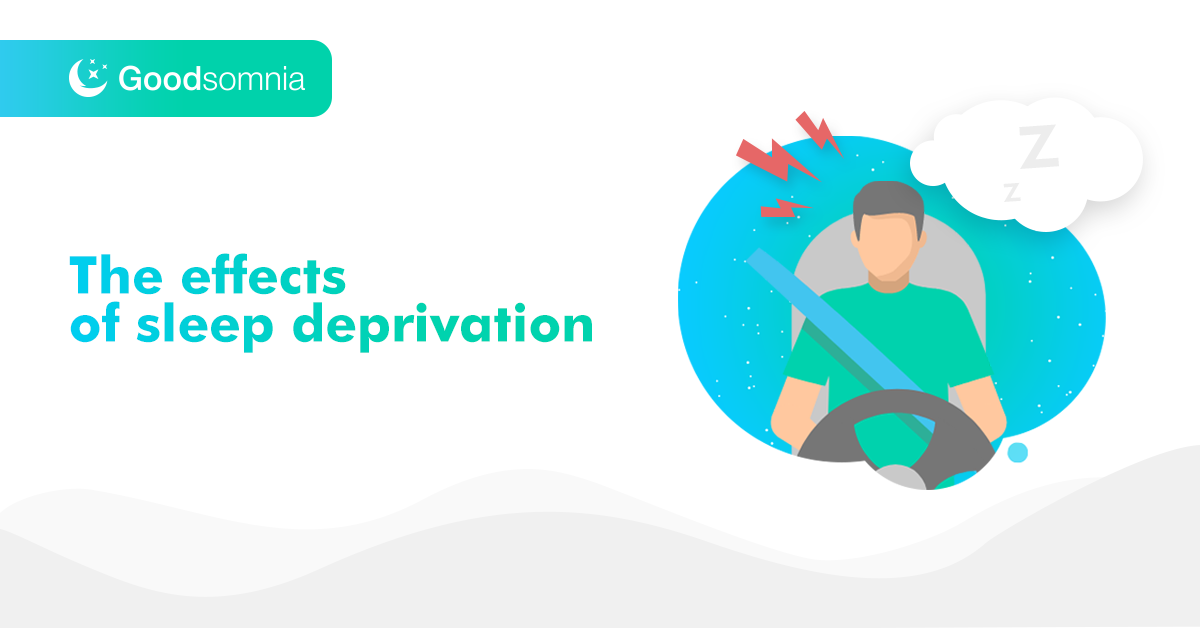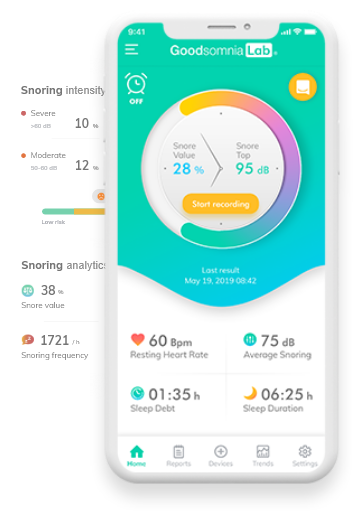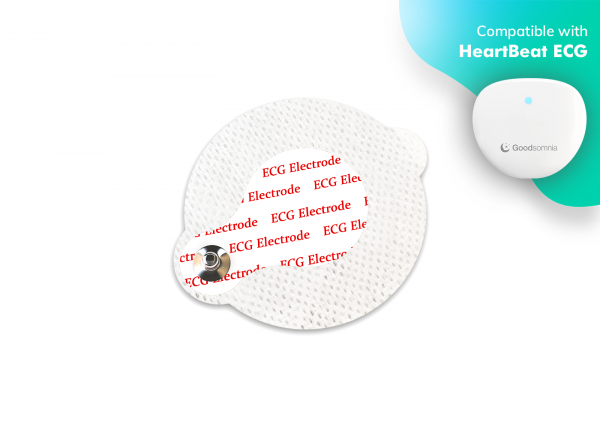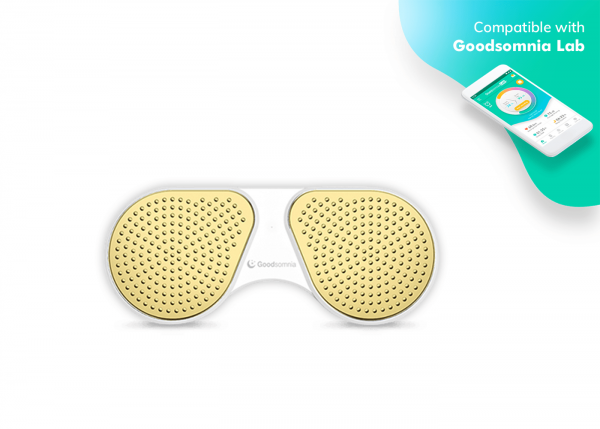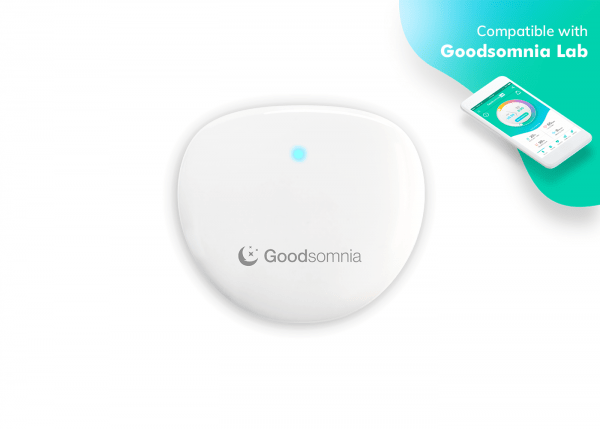Pondering deep questions, excitement about a big trip, or stress about unfinished work are just some of the causes that contribute to a deprivation of sleep. Here we dig into how and why a lack of sleep deprives us of a quality of life.
What is sleep deprivation?
Sleep deprivation is a consistent lack of sleep or a reduced quality of sleep. It’s difficult to say how little sleep a person has to have to be considered sleep-deprived but between seven and nine hours of sleep is considered enough for an adult.
Everyone needs a different amount of sleep to feel awake and alert but it’s estimated about 30% of adults and 66% of adolescents are regularly sleep-deprived. It is a health issue that deserves our attention.
What are symptoms of sleep deprivation?
Jetlag, physical pain or emotional stress are likely to throw you off your biological clock. That’s why the main symptom of sleep deprivation is fatigue.
It not only makes you feel out of sorts but can also cause other problems. Any urgent need for a shut-eye, irritability, forgetfulness, or “fuzzy head” can impact your moods, distract you and cause car accidents.
All these are eye-opening symptoms of sleep deprivation. Surprisingly, increased appetite is also another sign of sleep deficiency, putting your physical and mental health at risk.
Despite the varied sleep deprivation symptoms, poor slumber is a serious sleep disorder, which may be represented by an innocent yawn or temporary hallucinations.
Effects of sleep deprivation
Insufficient sleep or constant disruptions have serious consequences in far-reaching and surprising ways. Groggy mornings, bleary eyes, and grumpiness are the first effects of sleep deprivation.
As John Cage once pointed out “sleep produces an emptiness in us into which sooner or later energies flow”.
Without letting our bodies recover from the daily activities, we aren’t able to make up for the lost energy the next day. Moreover, during our waking hours, our brain cells are busy using and working with different sorts of information, breaking down into various bioproducts, including adenosine.
As adenosine builds up, the urge to sleep increases, causing tiredness. When you lose sleep, learning, memory, mood, and concentration are seriously affected.
The above effects of sleep deprivation are a starting point. Not getting enough shut-eye round-the-clock may lead to more considerable issues, such as high blood pressure, weakened immune system, and even obesity.
So set a schedule, grab your pillow and monitor your sleep by using the anti-snoring app Goodsomnia Lab. Take care of your sleep and let your mind and body relax.

